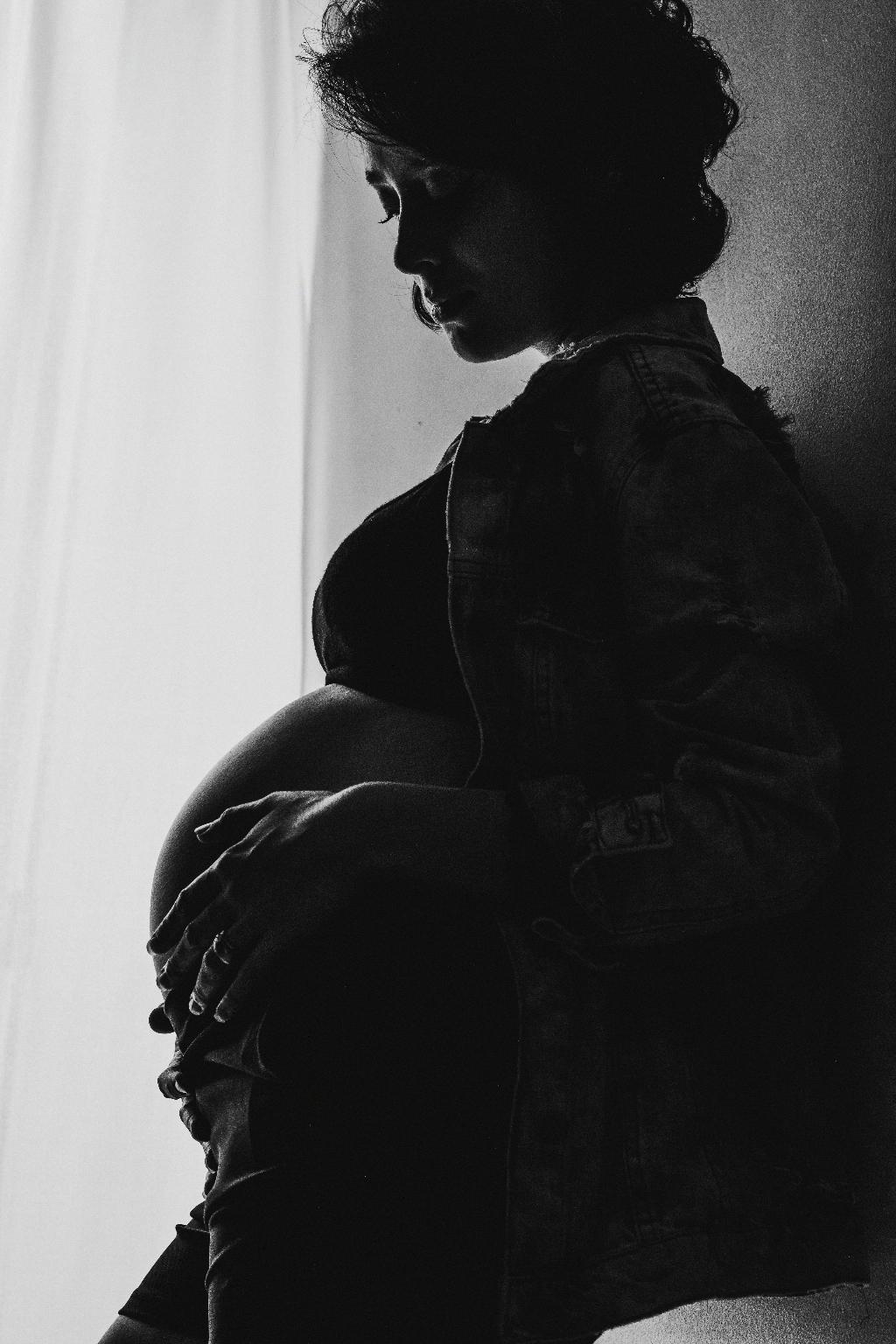During pregnancy, a woman’s body goes through a multitude of changes to prepare for the arrival of a new life. One of the common changes that some women experience is the leaking of fluid from the nipples. This phenomenon can raise questions and concerns for soon-to-be mothers, wondering if it is normal or a cause for alarm.
Colostrum: The First Milk
The fluid that may leak from the nipples during pregnancy is known as colostrum. This substance is often referred to as “first milk” and is produced by the breasts in preparation for breastfeeding. Colostrum is rich in antibodies and nutrients that support a newborn’s immune system in the early days of life.
Physical Changes in the Breast
As pregnancy progresses, hormonal changes lead to the enlargement of the mammary glands and an increase in blood flow to the breast tissue. These changes can sometimes result in the production of colostrum and the occasional leaking from the nipples.
Varying Experiences Among Women
It is essential to note that not all pregnant women will experience nipple leakage during pregnancy. Each woman’s body responds differently to hormonal fluctuations, and some may not leak any fluid at all. It is a natural variation among individuals.
When to Seek Medical Advice
While nipple leakage during pregnancy is generally considered normal, there are instances where it may warrant medical attention. If the discharge is bloody, foul-smelling, or accompanied by pain or inflammation in the breasts, it is advisable to consult a healthcare provider for further evaluation.
Managing Nipple Leakage
For women experiencing nipple leakage during pregnancy, there are ways to manage this phenomenon. Wearing breast pads can help absorb any leaking colostrum and prevent it from soaking through clothing. It is essential to keep the nipple area clean and dry to avoid skin irritation.
Embracing the Changes
Pregnancy is a time of profound transformation, both physically and emotionally. Nipple leakage, along with other bodily changes, serves as a reminder of the incredible process of growing new life within. Embracing these changes as a natural part of the pregnancy journey can help foster a sense of connection with the baby.
Support and Understanding
It is crucial for pregnant women to have a supportive network of healthcare providers, family, and friends who can offer guidance and reassurance during this transformative time. Open communication about physical changes, like nipple leakage, can help alleviate concerns and provide a sense of solidarity.
Preparing for Breastfeeding
While nipple leakage during pregnancy is not a direct indicator of breastfeeding success, it does signify that the body is preparing for the task ahead. Seeking information and resources on breastfeeding techniques and support systems can help expectant mothers feel more confident and prepared for the postpartum period.
Body’s Remarkable Adaptability
The ability of the female body to undergo such intricate changes to nurture and sustain new life is a testament to its remarkable adaptability. From the production of colostrum to the physical transformation of the breasts, every aspect serves a vital purpose in the journey of motherhood.
Embracing the Journey
As women navigate the ups and downs of pregnancy, it is essential to remember that each change, including nipple leakage, is a part of the beautiful journey of motherhood. Embracing these changes with acceptance and gratitude can enhance the bonding experience between mother and child.
Celebrating the Marvels of the Female Body
In conclusion, the occurrence of nipple leakage during pregnancy is a normal and natural process that highlights the intricate workings of the female body. While it may raise questions and uncertainties, understanding the reasons behind this phenomenon can foster a sense of appreciation for the incredible capabilities of the maternal form.

